Libya
The delegations of the two rival bodies in Libya separated Friday in Rabat without mentioning an agreement on a contested electoral law, but calling on the international community to support the political process underway in this country torn by a decade of conflict, noted AFP.
"The consultations took place in conditions of understanding and consensus," assured Friday evening a member of the Libyan Parliament, El Hadi Ali Elsaghir, at the end of two days of discussions in the Moroccan capital.
Representatives of the Libyan High State Council (HSC), a body acting as a Senate, based in Tripoli (west), and the Parliament, which sits in Tobruk (east), had met Thursday in a large hotel in Rabat.
"We call on the international community to support the electoral process in Libya (...) and to send international observers to ensure the smooth running of this important event," urged the Libyan parliamentarian about the dual presidential and legislative elections announced for December 24.
However, Mr. Ali Elsaghir did not mention any agreement between the two parties on the legislation that should serve as a legal framework for these elections.
The two sides have been debating the provisions of the electoral law -- ratified on September 9 by the speaker of the Tobruk parliament without being put to a vote -- which was clearly tailored to the strongman of the east, Khalifa Haftar.
But this law was challenged by the HCE, which had come to Rabat to discuss it in an attempt to settle the dispute.
For the international community, the priority is to hold general elections on December 24.
Libya is trying to emerge from a decade of violence since the fall of Muammar Gaddafi's regime in 2011, a chaos marked in recent years by the existence of rival powers in the east and west.
After the fighting ended in the summer of 2020, a unified, transitional government led by businessman Abdelhamid Dbeibah was formed in March, under UN auspices, to lead the transition until elections.
Last week, that process was undermined by parliament's censure of the transitional government, a vote that raised "concern" at the UN and heightened tensions between the warring parties as the country tries to turn the page on a decade of chaos.
The HCE had stressed its "rejection of the procedure", considering the move "null and void".
In a statement, the UN Support Mission in Libya (UNSMIL), which oversees the ongoing political process, urged the two delegations to "move forward" in finalizing the legislative framework for the December poll.
On Thursday, the UN Security Council unanimously adopted a resolution extending its political mission in Libya until January 31.




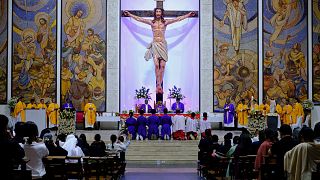
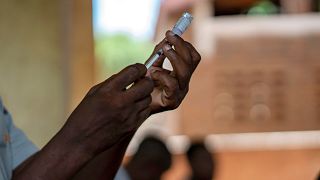
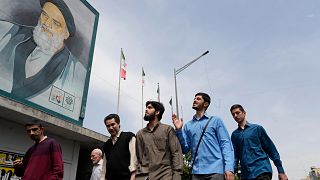
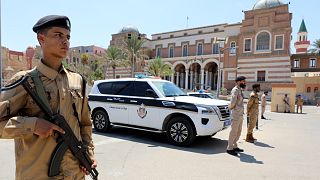

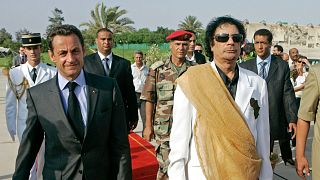
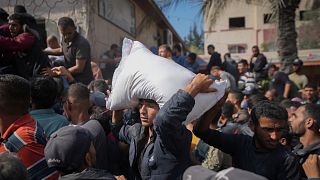


01:00
Displacement crisis deepens: UN warns world at breaking point
01:06
UN warns of deepening Haiti crisis
02:35
Sudanese Refugee Children Find Hope in Libyan School
Go to video
South Sudan: top UN official in the country warns of risk of new civil war
01:46
UN officials warn of worsening crisis in eastern DRC
Go to video
Gabonese react to Brice Oligui Nguema's landslide presidential election election